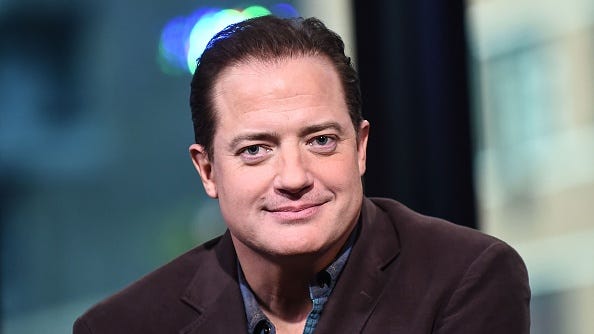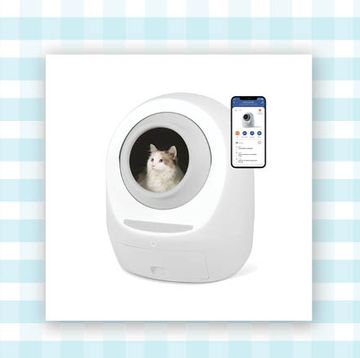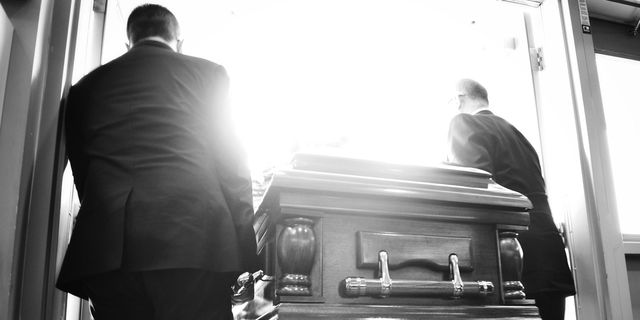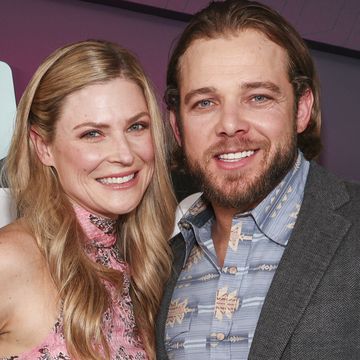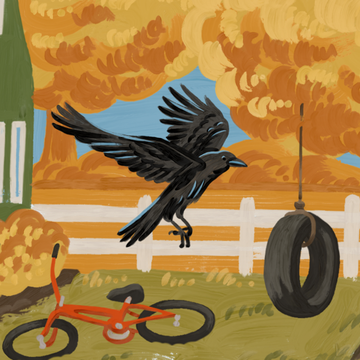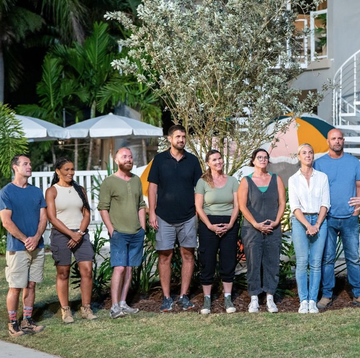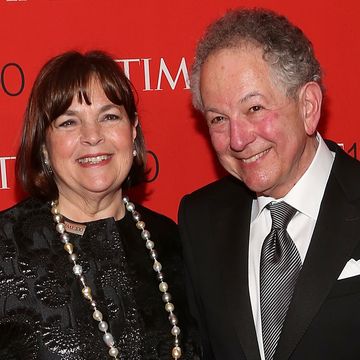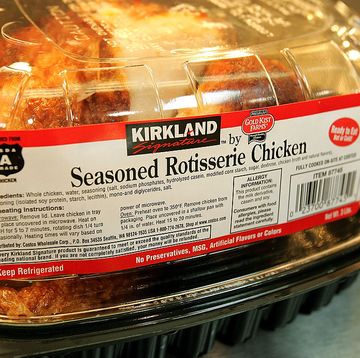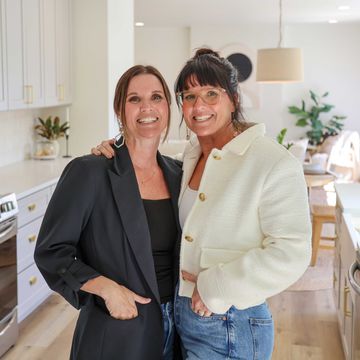1Grief is intoxicating.
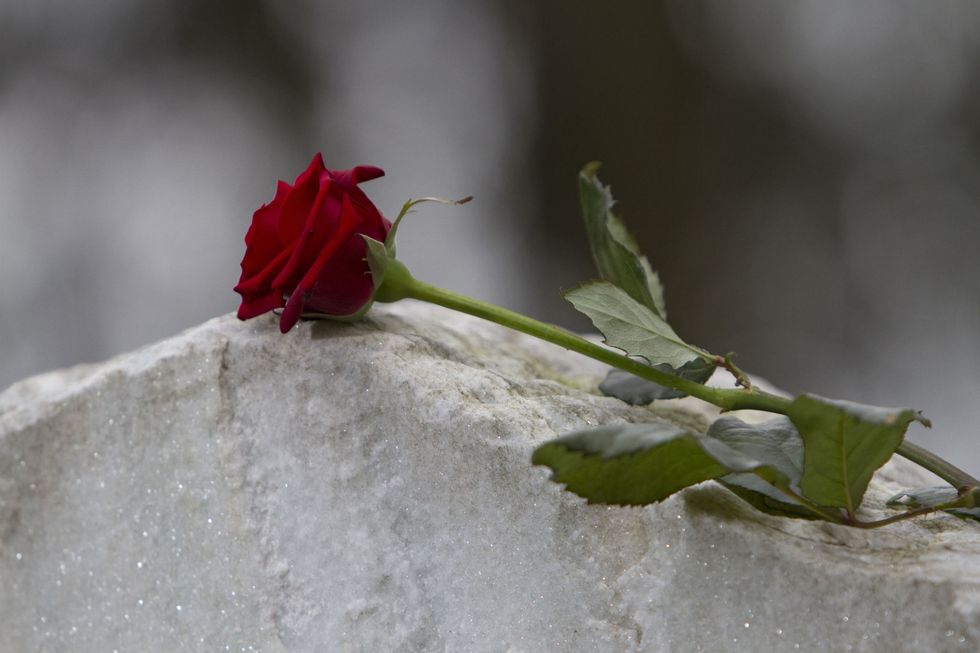 Getty Images
Getty Images"When you lose somebody, your mind is in a state of 'grief brain' that's kind of like being drunk," says Wilde. "We would never want to make important decisions when we're drunk—it's the same when someone dies and we are presented with choosing a funeral. It's too easy to make rash financial decisions when we're grieving."
2Never assume your loved ones know what kind of service you want.
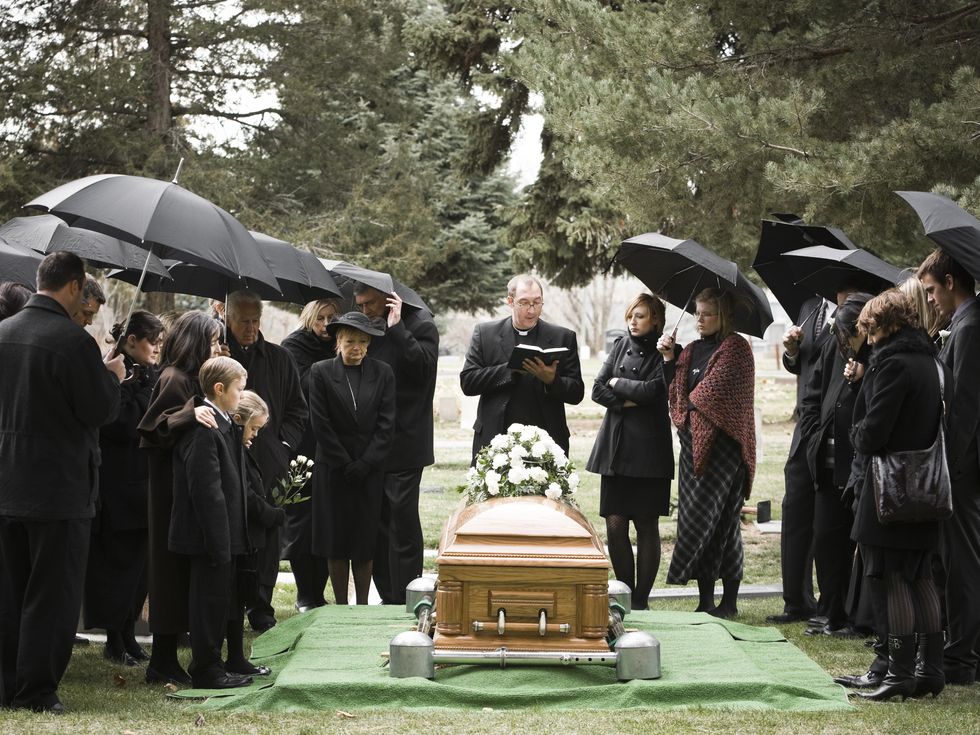 Getty Images
Getty ImagesWilde sees infighting among families when "each person thinks they know what [the deceased] wanted, and each has different opinion. Funeral directors become Jerry Springer when there hasn't been any planning for this moment."
"If we haven't talked about it and dad hasn't said, 'I don't want a religious service, just have a party for me,' there's a lot of room for interpretation," adds Wilde, "and it's often interpreted through our wants. For the family who wants an evangelical service, for example, all of a sudden they'll remember dad saying that's what he wanted."
3It's okay to ask what happens during cremation.
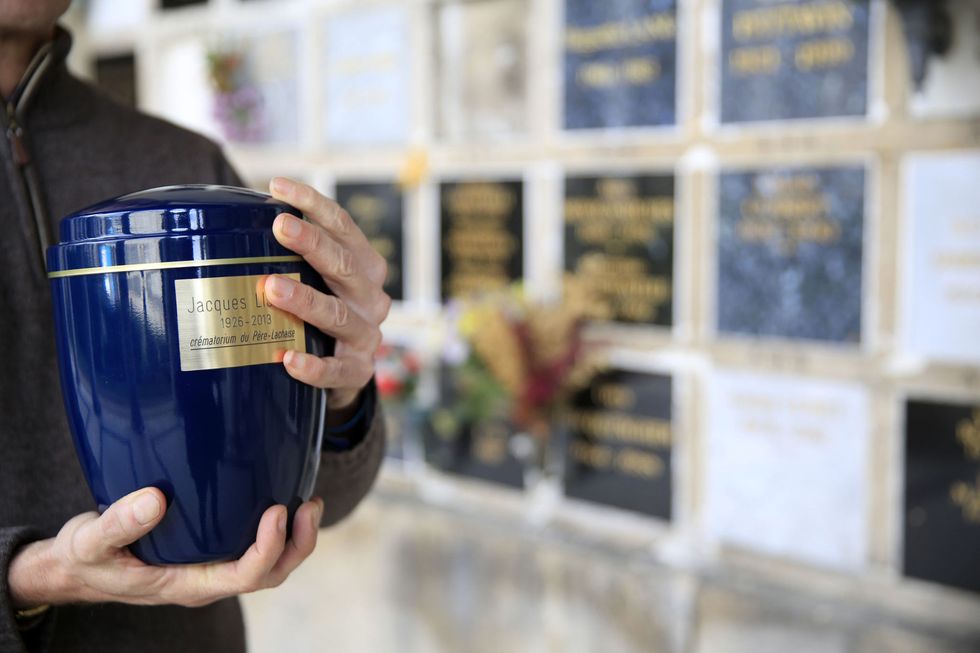 Getty Images
Getty ImagesOr enquire about the embalming process. "When people don't have their questions answered, their imagination goes places they don't want it to go," says Wilde. "They imagine us with chainsaws, or a bonfire in the backyard. It's a lot more scientific and explainable than that. Family members have the right to know these things."
Advertisement - Continue Reading Below
4Funeral directors can use your help.
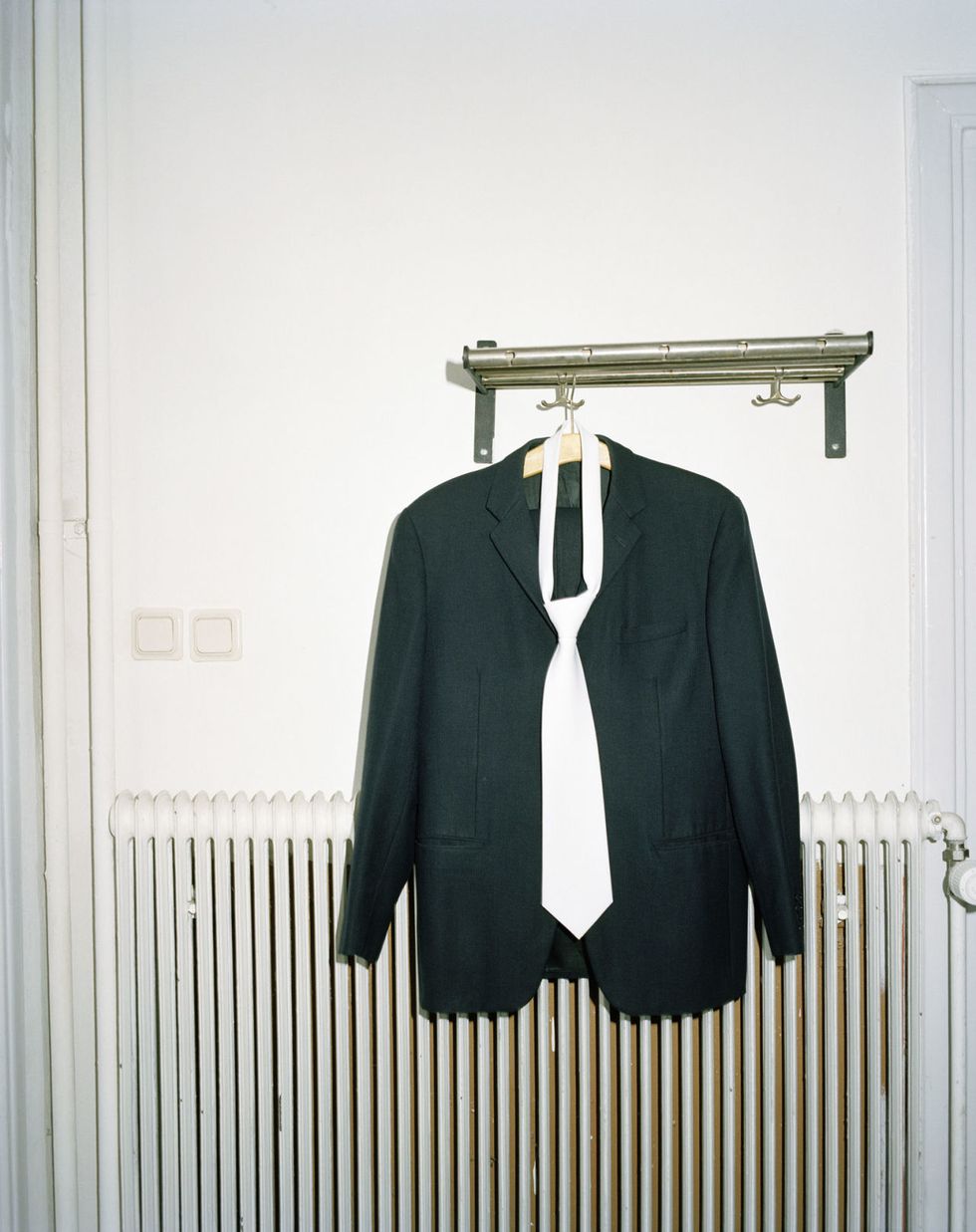 Getty Images
Getty ImagesPlaying a role in preparing the body is cathartic, says Wilde. "I feel like I have to pull it out of people because they assume they're not allowed to, but whatever you're comfortable with, dressing the body or doing their hair, you should do. You cared for them up to this point—why stop now?"
5Certain funeral expenses are completely unnecessary.
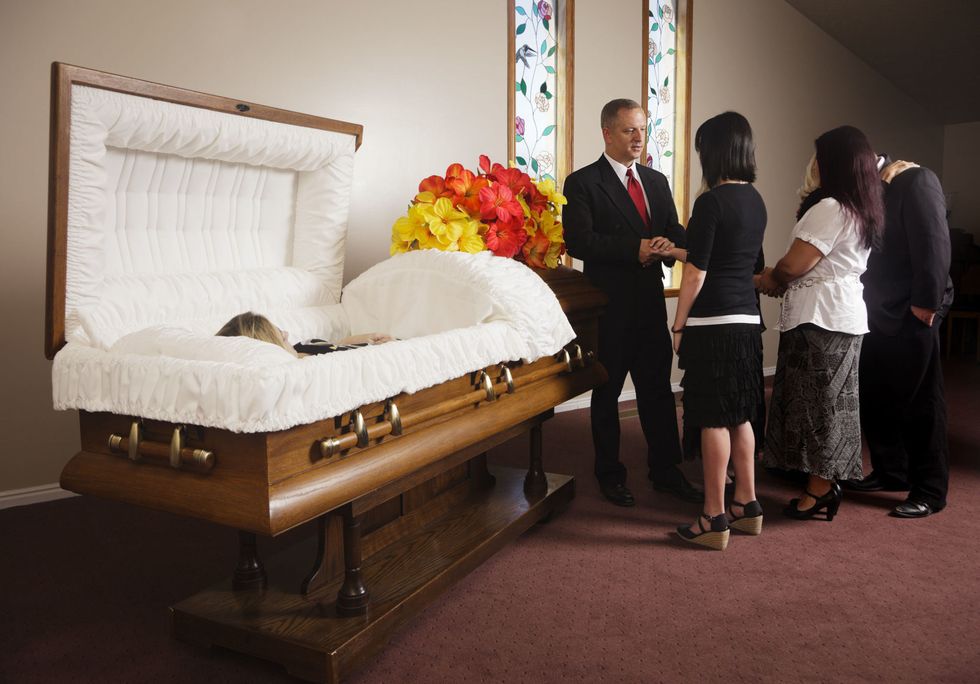 Getty Images
Getty ImagesIt's not the party line, but Wilde says embalming isn't required for a viewing. "An un-embalmed body does not pose health problems unless the person had [a disease such as] ebola, and generally, funeral directors charge a significant amount for this service, anywhere from $800-$1,200," says Wilde. "The embalming tradition is backed by laws that do not have any legitimate backing except for the funeral industry lobbying for them." It's good for certain circumstances, he adds, but for the most part, 70 to 80 percent of bodies that are embalmed don't need to be.
6Don't let religion tear your family apart.
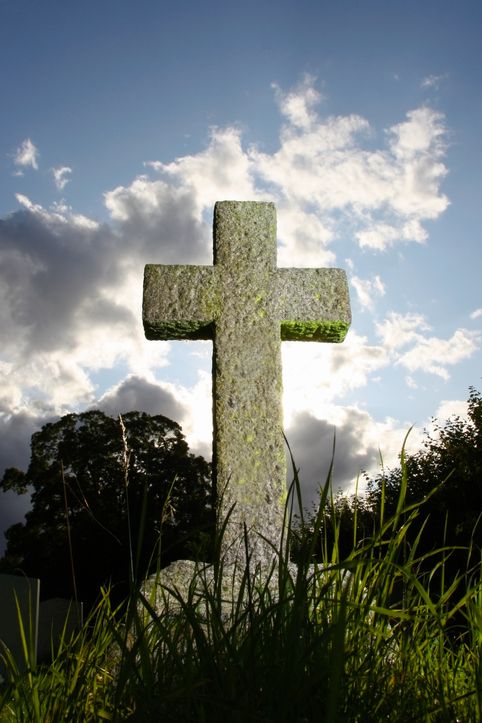 Getty Images
Getty ImagesIn his book, Wilde writes about the separated parents of a child who passed away, one Christian, the other not religious at all. Their arguments became so volatile, the police were called. "I've seen a lot of contention because one part of family believes there needs to be a salvation message at the funeral, and another party is totally against it," says Wilde. "We don't always give a lot of thought to religion and spirituality in our day to day lives, but when someone dies it comes to the forefront."
Advertisement - Continue Reading Below
7We need to talk more openly about death.
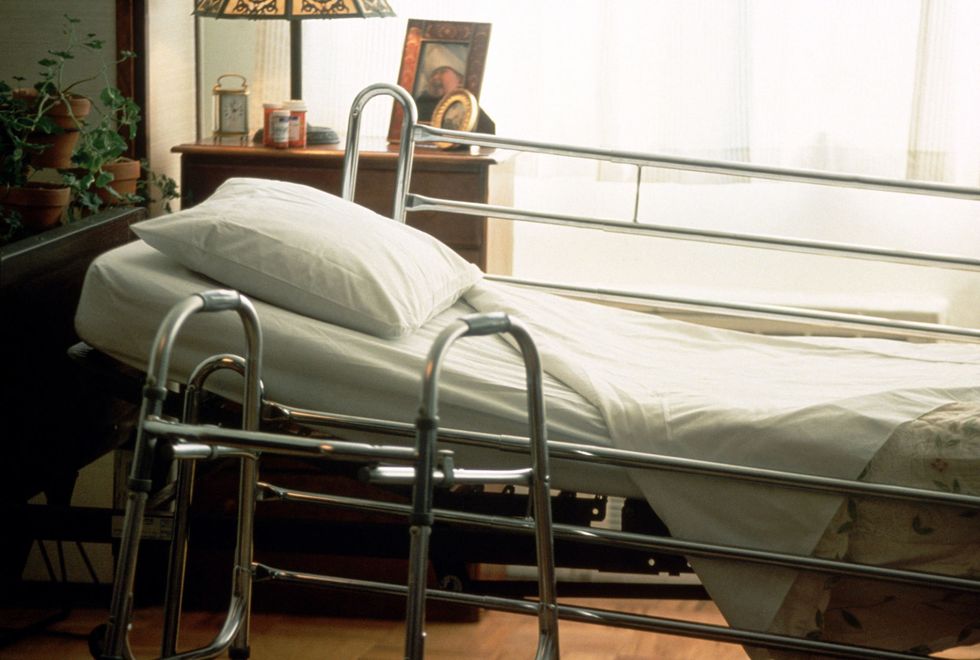 Getty Images
Getty ImagesThis is especially true at nursing homes, which often have "back door" policies that require funeral directors to sneak through "like ninjas" for pick-ups, says Wilde. But residents inevitably "come out of their rooms and touch the stretcher or ask, 'Who is this? When did it happen?'"
"It's healthy for residents who are in their right minds to see it," he explains. "If I were in a nursing home and my friends were whisked away secretly after their deaths, I would think nobody is going to remember me after I die."
Advertisement - Continue Reading Below
Advertisement - Continue Reading Below
Advertisement - Continue Reading Below
